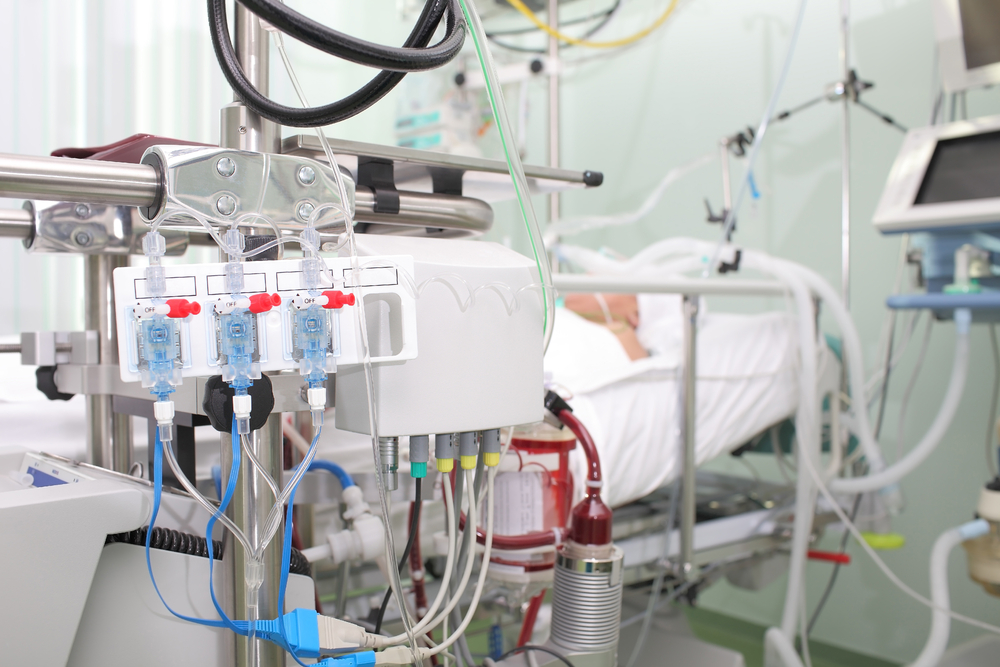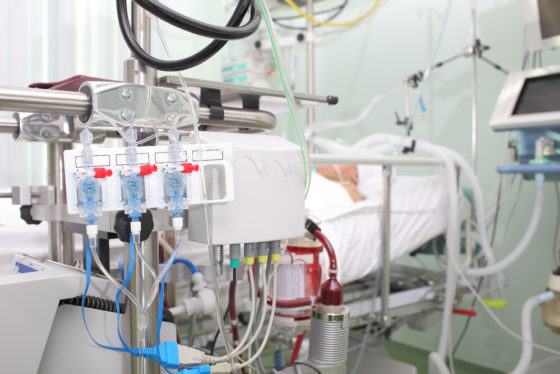Ethical protocol criteria for ICU admittance get short thrift from minister


A new protocol presented on Wednesday to help doctors decide who will get an ICU bed if places are in short supply, has come in for criticism, the NRC reports.
The protocol, which was created by the federation of doctors KNMG, the federation of medical specialists and a number of ethics professors, offers non-medical criteria for admission to the ICU for patients with equal chances of survival in case of ‘code black’ when there is a serious lack of beds.
In that case, criteria could include the expected time a patient may spend in the ICU, and age (over 60). If, after applying the criteria, two patients end up even, admission will be determined by the luck of the draw.
Lifestyle, family situation and social status would not be taken into account.
Doctors had asked for a protocol in April when 1,400 Covid-19 patients were in intensive care. The epidemic had threatened to overwhelm the service which has a national total of 1,550 beds.
Talks about the protocol are still ongoing and the various organisations have to discuss the proposals with their members.
However, medical care minister Martin van Rijn told MPs that he cannot support the protocol. ‘For this cabinet, every life is of equal value and if an older patient has the same chance of survival on medical grounds as a younger patient, then that patient cannot be denied life-saving care,’ the minister said in a briefing to MPs.
MPs too have passed a motion which would stop intensive care teams using age as a criteria for admission.
A spokesman for the minister told the paper the protocol would be scrapped if, after further consultation, the age criterion is maintained.
If the expected time a patient spends in intensive care becomes a norm, coronavirus patients will in any case draw the short straw because of the length of time recovery takes, the NRC pointed out.
Thank you for donating to DutchNews.nl.
We could not provide the Dutch News service, and keep it free of charge, without the generous support of our readers. Your donations allow us to report on issues you tell us matter, and provide you with a summary of the most important Dutch news each day.
Make a donation